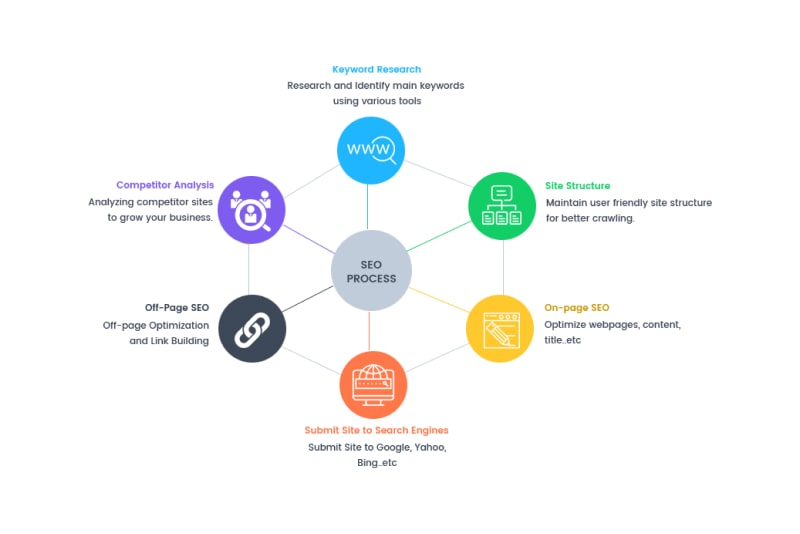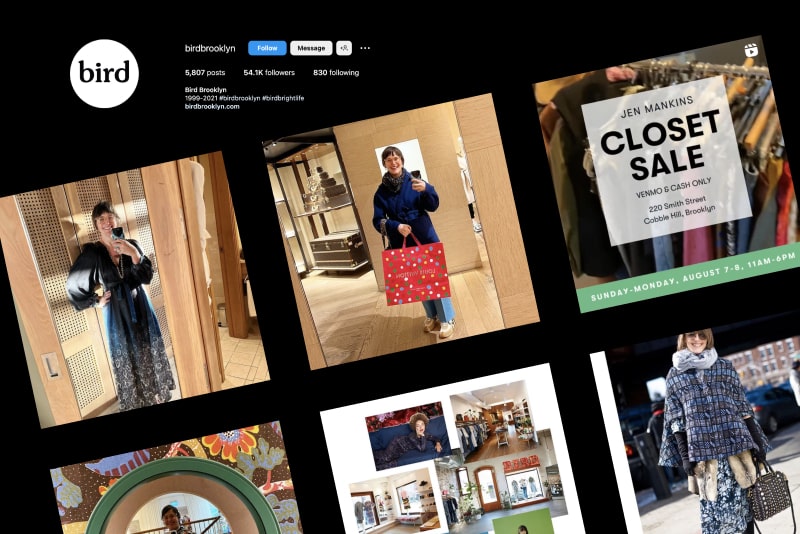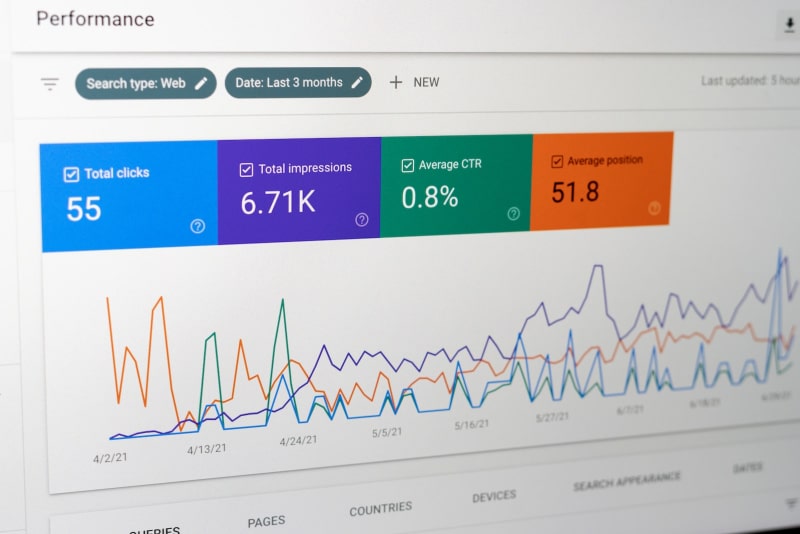I. Introduction
Small boutiques face unique challenges when it comes to selling their products online. However, in today’s digital age, having an online presence can make all the difference in reaching new customers and increasing revenue. In this article, we’ll discuss five tips for small boutiques to successfully sell online in 2023.
One of the biggest challenges small boutiques face when selling online is the competition from larger retailers. However, with the right strategies and tools, small boutiques can stand out and create a loyal customer base. By utilizing e-commerce platforms and social media, small boutiques can reach a wider audience and build their brand recognition. In the following sections, we’ll dive into more specific tips and best practices for small boutiques to successfully sell online.
II. Create an online store
Creating an online store is essential for small boutiques to start selling online. Having a dedicated website will not only increase visibility but also give the boutique a professional and trustworthy image. It is important to choose an e-commerce platform that is user-friendly, customizable, and affordable. Platforms such as VetrinaLive offer an all-in-one solution for small business owners to create and manage their online stores without technical skills. With VetrinaLive, boutique owners can easily customize their website design, add products, manage orders and payments, and track their sales.
When creating an online store, it is important to make it easy for customers to navigate and find what they are looking for. The online store should have clear categories, product descriptions, and images. It is also important to optimize the online store for search engines so that potential customers can find the store when searching for related products.
Creating quality content and using relevant keywords are some of the ways to improve the online store’s search engine ranking.To help small boutique owners get started, VetrinaLive offers a free plan that allows them to create a basic online store without spending any money. With the free plan, boutique owners can add up to 10 products, customize their store design, and use basic features such as order management and payment processing. Once the boutique is ready to scale, they can upgrade to a paid plan to unlock more advanced features and tools.

III. Optimize your website for search engines
Having a beautiful online store is just the first step in the process of selling online. The next step is to ensure that customers can find your store when they search for the products you offer. This is where search engine optimization (SEO) comes in. SEO is a set of techniques used to improve your website’s visibility and ranking on search engines like Google. By optimizing your website for SEO, you can increase your chances of attracting more traffic to your online store.
To optimize your website for SEO, you can start by researching the keywords that your customers use to search for products online. You can use free tools like Google Keyword Planner to find the best keywords to target. Once you have identified your keywords, you can use them in your website’s content, such as product descriptions, titles, and meta descriptions. You can also improve your website’s SEO by optimizing your images, using internal and external links, and ensuring that your website is mobile-friendly. By implementing these SEO techniques, you can increase your website’s visibility and attract more potential customers to your online store.
There are also many resources available to help you learn more about SEO and how to optimize your website. You can find online courses, tutorials, and blogs that provide valuable insights and tips on how to improve your website’s ranking on search engines. Some useful SEO resources include Moz, Yoast, SEMrush, and Ahrefs. By taking advantage of these resources and implementing effective SEO strategies, you can increase your chances of success in selling your products online.

IV. Use social media to promote your products
In today’s digital age, social media has become a powerful tool for businesses to connect with their customers and promote their products. This is especially true for small boutiques who are just starting out in the world of e-commerce. By leveraging the power of social media, these businesses can reach a wider audience and create brand awareness, ultimately leading to increased sales.
To effectively use social media, small boutique owners must first identify their target audience and the platforms they are most active on. For instance, if your boutique caters to a younger audience, then Instagram and TikTok might be the best platforms to focus on. Once you’ve identified your target audience and platforms, you can start creating content that resonates with them. This could include showcasing new products, offering exclusive discounts, or sharing behind-the-scenes glimpses of your business. It’s also important to engage with your audience by responding to comments and messages, as this helps to build trust and loyalty.

There are numerous successful social media marketing campaigns that small boutiques can draw inspiration from. For example, New York-based boutique, Bird Brooklyn, uses Instagram to showcase their carefully curated selection of fashion and home goods. They regularly feature customer photos and tag their products, making it easy for customers to purchase. Another example is Los Angeles-based boutique, The Little Market, who uses social media to share the stories of the artisans behind their products, as well as the philanthropic work they do. By using social media in creative and authentic ways, small boutiques can connect with their customers and build a strong online presence.
V. Offer personalized customer service
Providing personalized customer service is crucial for small boutiques to differentiate themselves from their larger competitors. Customers today expect a high level of service, and that extends to the online shopping experience. One way to provide personalized service is to engage with customers through live chat or email, addressing their concerns and questions promptly. By offering a personalized touch, small boutiques can build trust with their customers and create loyal relationships that can lead to repeat business.
Another way to offer personalized customer service is by customizing the shopping experience for each customer. This can be achieved by offering personalized product recommendations based on their browsing and purchasing history. Small boutiques can use customer data to create targeted marketing campaigns that appeal to specific customer segments. For example, if a customer has purchased a dress in the past, the boutique can send them personalized emails featuring similar products or offer them a discount on their next purchase. By providing a personalized shopping experience, small boutiques can increase customer satisfaction and boost their online sales.

VI. Use analytics to track performance
Tracking website performance is an essential aspect of running an online business. By using analytics tools, small boutiques can monitor their website traffic, user engagement, and other key metrics. This information can help them make informed decisions on how to improve their website and better serve their customers. For instance, analytics data can reveal which products are selling well and which ones are not, allowing boutique owners to adjust their inventory accordingly.
There are several analytics tools available to help small boutiques track website performance. Google Analytics is a popular option that provides a wealth of information on website traffic, user behavior, and conversion rates. Other tools like Hotjar and Crazy Egg offer heat mapping and user behavior analysis to help boutique owners understand how their customers are interacting with their website. By regularly monitoring website performance with analytics tools, small boutiques can gain insights into their customers’ preferences and behavior, which can help them make data-driven decisions to improve their online sales.

VII. Conclusion
In conclusion, small boutiques need to embrace e-commerce to reach a wider audience and grow their businesses. By following the tips outlined in this article, they can successfully sell online in 2023. It all starts with creating an online store and optimizing it for search engines.
Social media can be a powerful tool for promoting products and providing personalized customer service is crucial for building strong customer relationships.
Finally, analytics can help track website performance and make data-driven decisions to improve sales and customer engagement.At VetrinaLive, we believe that every business should have the opportunity to sell online, regardless of their size.
That’s why we offer a free online store with all the features needed to succeed in e-commerce. By creating a shop with VetrinaLive, boutique owners can test their online businesses without spending any money.
We hope this article has provided valuable insights and inspired small boutiques to take their businesses to the next level with e-commerce.



